Top Countries in Europe for Affordable Education for Indian Students

For Indian students looking for quality education without paying a hefty amount, Europe is an increasingly favored choice for Indians. Renowned for its top-notch universities, cosmopolitan atmosphere, and liberal tuition policy, Europe presents a number of destinations where one can study in Europe on a limited budget. Whether it's engineering, arts, medicine, or business, a large number of European countries offer low-cost education in Europe with first-rate degrees recognized worldwide.
This blog will walk you through the most affordable countries to study in Europe for international students, visa procedures, cost analysis, scholarships, and do's and don'ts specifically for Indian candidates.
Why Study in Europe?
Europe offers a vibrant mix of affordability, academic quality, and cultural diversity. Here's why it excels:
-
Different Variety of Courses in English across fields.
-
Cheap or Free Tuition in most nations for both EU and non-EU students.
-
Globally Accepted Degrees from renowned universities.
-
Multicultural Exposure for enhanced adaptability and professional networking.
-
Post-Study Work Permits and PR avenues in certain countries.
-
Low Cost of Living in certain cities and student-oriented areas.
With the growing popularity of Europe study visa applications by Indian students, it's an opportune time to look at options that offer value with vision.
Best European Countries Providing Quality Education
Here are Europe's top study options known for affordable education and good institutions:
1. Germany
Education Type: Primarily free for public universities.
Tuition: €0 - €500/semester.
Living Costs: €800 - €1,200/month.
Highlights: Free education in Europe, excellent STEM and engineering courses.
2. Norway
Education Type: Tuition-free public universities for everyone, including Indians.
Tuition: Free.
Living Costs: €1,200 - €1,500/month.
Highlights: English-taught master's courses, breathtaking scenery, high-quality lifestyle.
3. Poland
Education Type: Low tuition fees with many programs in English.
Tuition: €2,000 - €3,000/year.
Living Costs: €500 - €700/month.
Highlights: Fast-growing economy, cultural hubs like Warsaw and Kraków.
4. Czech Republic
Education Type: Free if studying in Czech, low-cost for English-taught programs.
Tuition: €1,000 - €4,000/year.
Living Costs: €400 - €700/month.
Highlights: Medieval cities, high education standards.
5. France
Education Type: Public universities with minimal fees.
Tuition: €170 - €650/year for Bachelor's; slightly more for Master's.
Living Costs: €800 - €1,200/month.
Highlights: Fashion, art, business school, student fares.
6. Hungary
Type of Education: Affordable with Stipendium Hungaricum scholarships.
Cost of Tuition: €1,200 - €3,000/year.
Living Expenses: €400 - €700/month.
Highlights: Abundant history, more international students.
7. Austria
Type of Education: Government universities offer lower tuition for non-EU.
Cost of Tuition: €1,500/year approx.
Living Expenses: €800 - €1,000/month.
Highlights: Higher quality of life, best colleges in Vienna and Innsbruck.
Comparative Analysis: Tuition Fees and Living Costs
| Country | Average tuition fee | Average living costs | Free tuition |
|
Germany |
0-500 |
800-1200 |
? |
|
Norway |
0 |
1200-1500 |
? |
|
Poland |
2000-3000 |
500-700 |
? |
|
Czech Republic |
1000-4000 |
400-700 |
Partial |
|
France |
170-650 |
800-1200 |
Partial |
|
Hungary |
1200-3000 |
400-700 |
? |
|
Austria |
1500 |
800-1000 |
? |
Understanding the Process of a European Study Visa
The process for getting a Europe study visa differs from country to country, though for Indian students some general steps are:
-
University Admission Letter from a valid institution.
-
Evidence of Financial Means for course fees and living expenses.
-
Passport with validity and passport photographs.
-
Health Insurance covering the stay period.
-
Visa Interview/Documentation at the concerned embassy or VFS center.
Each country can provide a D-type long-term study visa and residence permit upon arrival.
Scholarships and Financial Aid Opportunities
To make the financial strain easier, here are key scholarships Indian students can apply for:
-
DAAD Scholarships (Germany)
-
Erasmus+ Programme (All EU)
-
Eiffel Excellence Scholarship (France)
-
Stipendium Hungaricum (Hungary)
-
Norwegian Quota Scheme
-
Czech Government Scholarships
-
University-specific Merit Scholarships
These cover tuition fees, living costs, travel, and more. Many of these enable the possibility of having free education in Europe, partially or completely.
Tips for Indian Students Planning to Study in Europe
-
Begin Early: Start researching at least 12–15 months before your desired intake.
-
Shortlist Countries by Budget & Language: Shortlist based on the cost of living and whether you want English-language programs.
-
Apply for Scholarships Concurrently: Most of these close well before university deadlines.
-
Be Updated on Visa Requirements: Monitor embassy changes and participate in webinars.
-
Connect with Alumni/Current Students: Contact Facebook groups or LinkedIn communities.
-
Have All Documents Organized: SOPs, LORs, financial documents, and health certificates.
-
Learn Local Language: Particularly useful for survival and off-campus employment.
Conclusion
Studying in Europe is an affordable investment in your career, not just a budget-conscious choice. From the free universities in Germany to the affordable living expenses in Poland, Indian students have a vast array of opportunities that blend learning, experience, and discovery. With planning, correct visa paperwork, and good scholarship management, seeking European education for Indian students can prove to be both economical and life-enhancing.
Frequently Asked Questions
Which European country is the cheapest to study for Indian students?
Germany is the cheapest because it has free public universities and low cost of living.
Which European country is the cheapest for Indians?
Poland is one of the cheapest both for tuition and living.
Which country is best for free education for Indian students?
Norway provides free education even to non-EU students, including Indians.
Which country is best to study and settle for Indians?
Germany is the optimal nation for studying and post-study work prospects towards settlement.
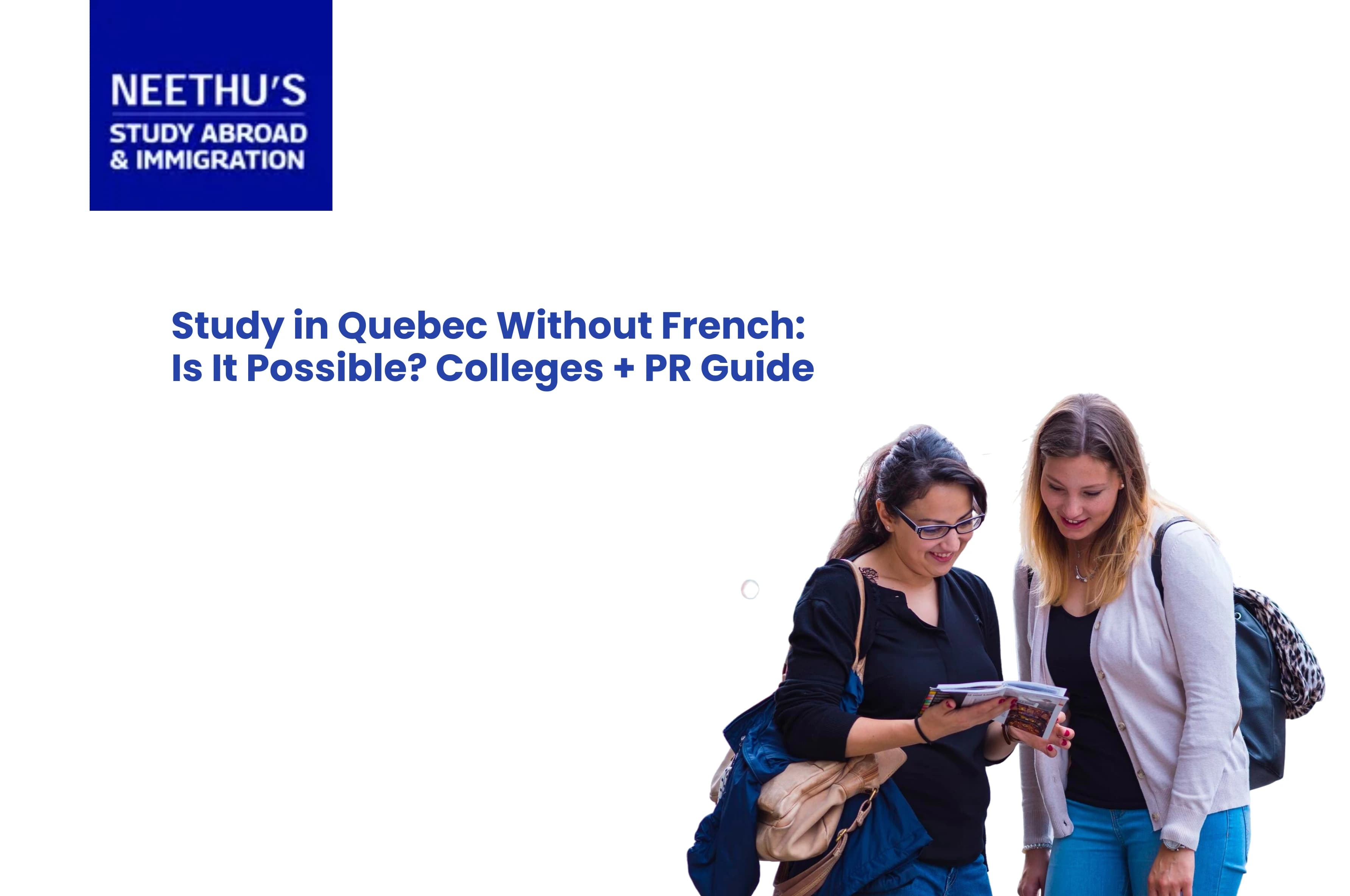




















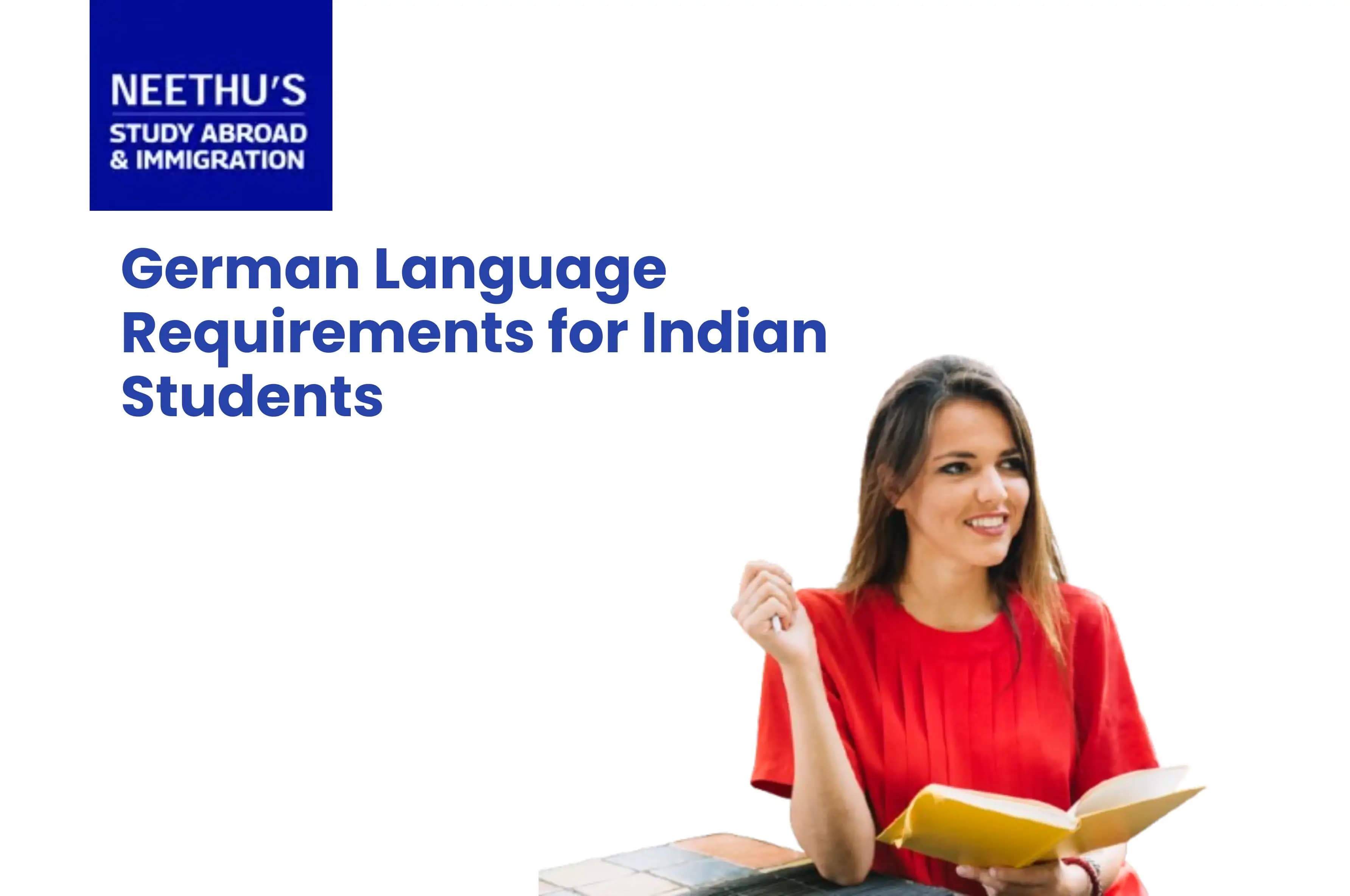
_03-12-2025_01-17-26%20PM.webp&w=3840&q=75)
_02-12-2025_03-07-49%20PM.webp&w=3840&q=75)

_27-11-2025_04-06-24%20PM.webp&w=3840&q=75)
_25-11-2025_04-38-18%20PM.webp&w=3840&q=75)
_24-11-2025_03-20-26%20PM.webp&w=3840&q=75)
_22-11-2025_12-44-47%20PM.webp&w=3840&q=75)
_21-11-2025_04-17-47%20PM.webp&w=3840&q=75)
_20-11-2025_03-55-26%20PM.webp&w=3840&q=75)
_18-11-2025_04-00-40%20PM.webp&w=3840&q=75)
_15-11-2025_10-48-43%20AM.webp&w=3840&q=75)
%20(1)_14-11-2025_03-52-25%20PM.webp&w=3840&q=75)
_13-11-2025_03-02-38%20PM.webp&w=3840&q=75)
_08-11-2025_04-15-36%20PM.webp&w=3840&q=75)
_05-11-2025_04-01-50%20PM.webp&w=3840&q=75)
_05-11-2025_03-46-26%20PM.webp&w=3840&q=75)
_03-11-2025_03-31-09%20PM.webp&w=3840&q=75)
_04-11-2025_.webp&w=3840&q=75)
_04-11-2025_.webp&w=3840&q=75)
_28-10-2025_04-09-08%20PM.webp&w=3840&q=75)
_24-10-2025_05-10-31%20PM.webp&w=3840&q=75)
_24-10-2025_04-55-51%20PM.webp&w=3840&q=75)
_22-10-2025_04-40-20%20PM.webp&w=3840&q=75)
%20(1)_21-10-2025_03-05-46%20PM.webp&w=3840&q=75)
_21-10-2025_02-43-15%20PM.webp&w=3840&q=75)
_17-10-2025_05-08-52%20PM.webp&w=3840&q=75)
_17-10-2025_04-54-54%20PM.webp&w=3840&q=75)
_15-10-2025_03-46-47%20PM.webp&w=3840&q=75)
_14-10-2025_03-42-40%20PM.webp&w=3840&q=75)
_14-10-2025_03-29-48%20PM.webp&w=3840&q=75)
_13-10-2025_03-48-51%20PM.webp&w=3840&q=75)
_11-10-2025_04-28-42%20PM.webp&w=3840&q=75)
%20(1)_09-10-2025_04-12-08%20PM.webp&w=3840&q=75)
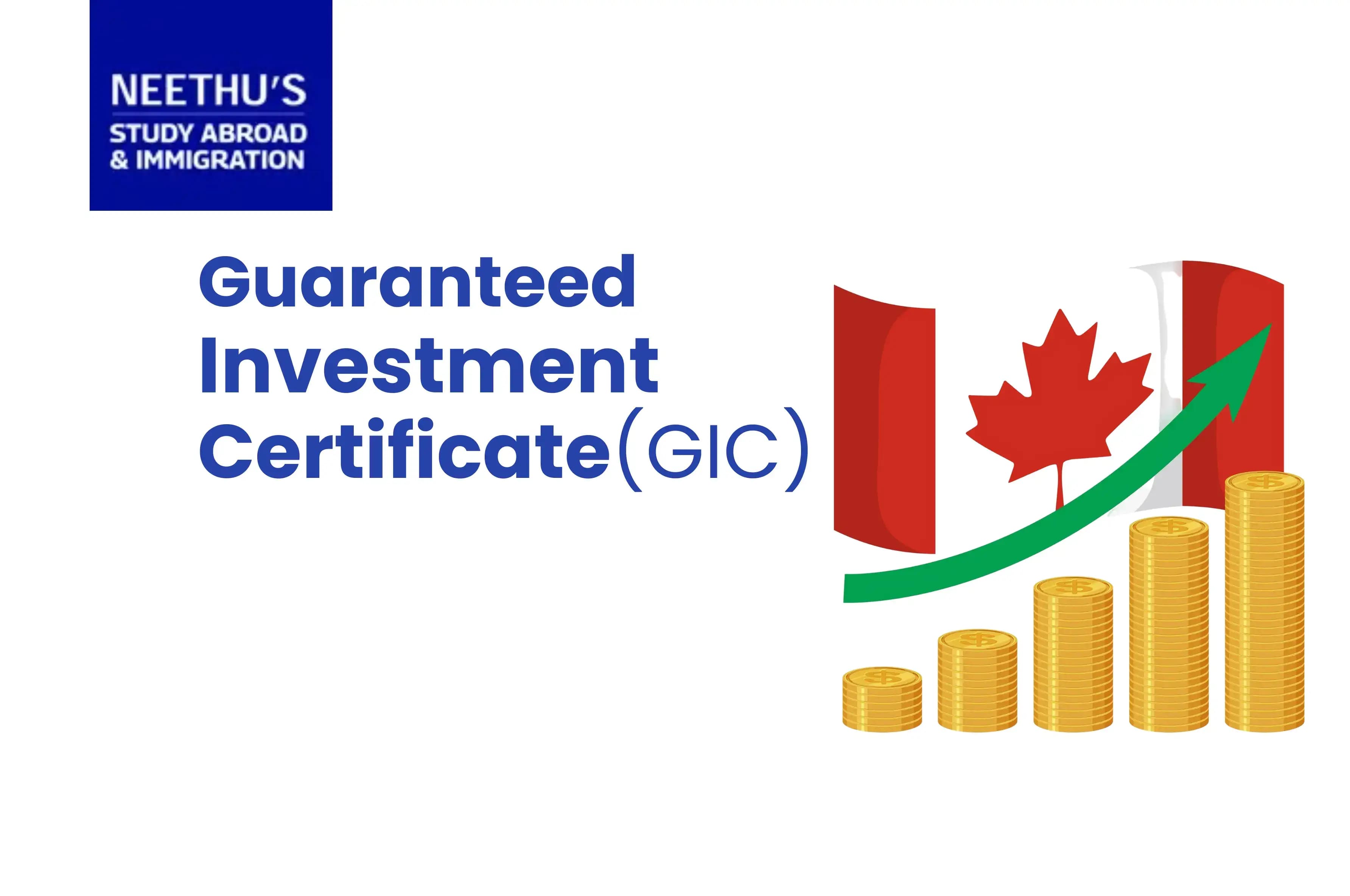
_07-10-2025_02-55-25%20PM.webp&w=3840&q=75)
_07-10-2025_02-39-51%20PM.webp&w=3840&q=75)
_06-10-2025_03-42-37%20PM.webp&w=3840&q=75)
_03-10-2025_04-42-59%20PM.webp&w=3840&q=75)
_01-10-2025_11-12-12%20AM.webp&w=3840&q=75)
%20(1)_29-09-2025_02-54-12%20PM.webp&w=3840&q=75)

_26-09-2025_12-14-18%20PM.webp&w=3840&q=75)
_24-09-2025_04-44-26%20PM.webp&w=3840&q=75)
_23-09-2025_04-14-36%20PM.webp&w=3840&q=75)
_22-09-2025_04-08-09%20PM.webp&w=3840&q=75)
_20-09-2025_03-26-03%20PM.webp&w=3840&q=75)
_17-09-2025_04-06-42%20PM.webp&w=3840&q=75)
_15-09-2025_04-43-43%20PM.webp&w=3840&q=75)
_13-09-2025_12-17-49%20PM.webp&w=3840&q=75)
_12-09-2025_04-31-36%20PM.webp&w=3840&q=75)
_12-09-2025_04-17-03%20PM.webp&w=3840&q=75)
_10-09-2025_03-59-59%20PM.webp&w=3840&q=75)
_09-09-2025_04-11-16%20PM.webp&w=3840&q=75)
_09-09-2025_03-53-52%20PM.webp&w=3840&q=75)


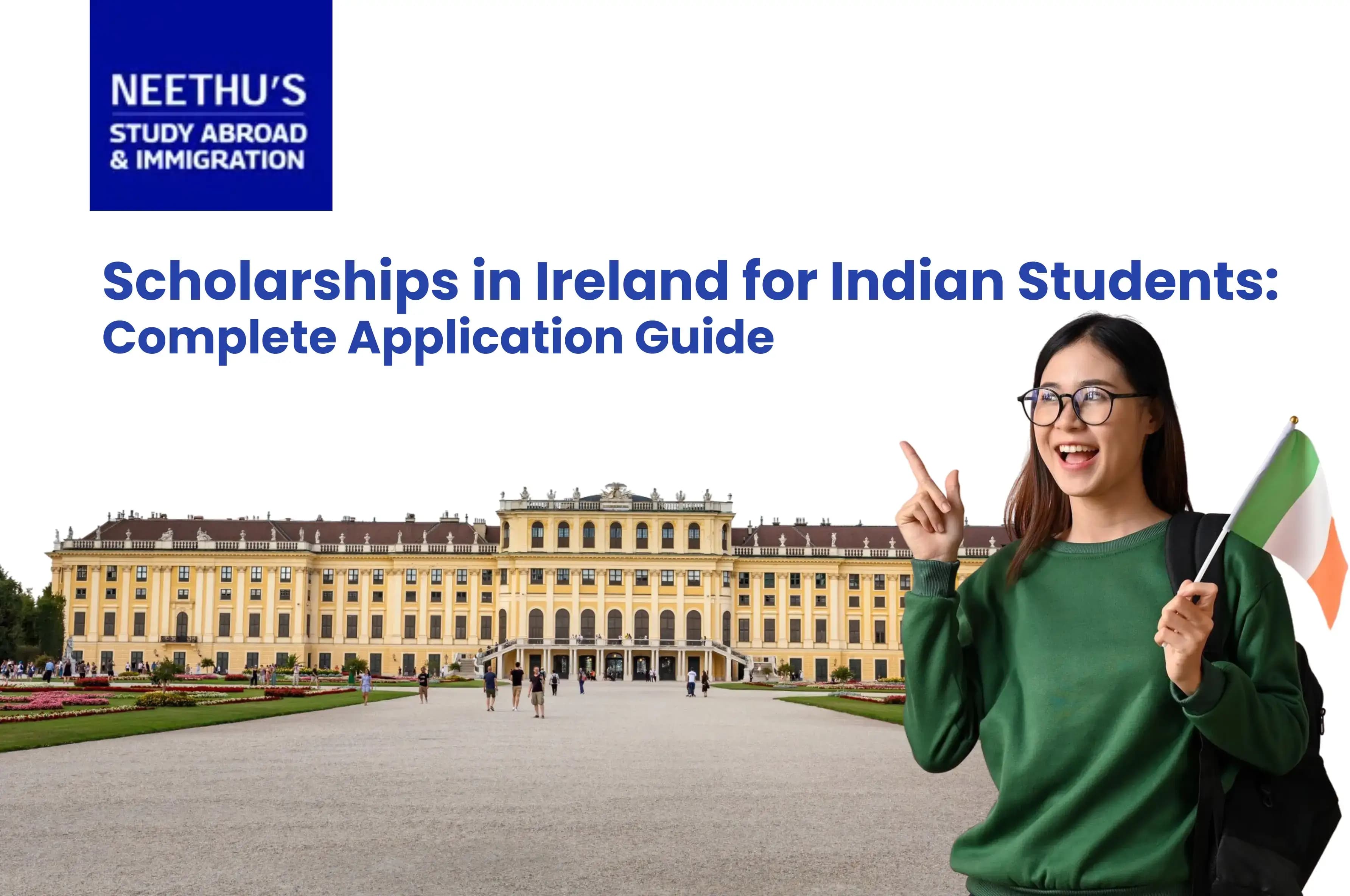


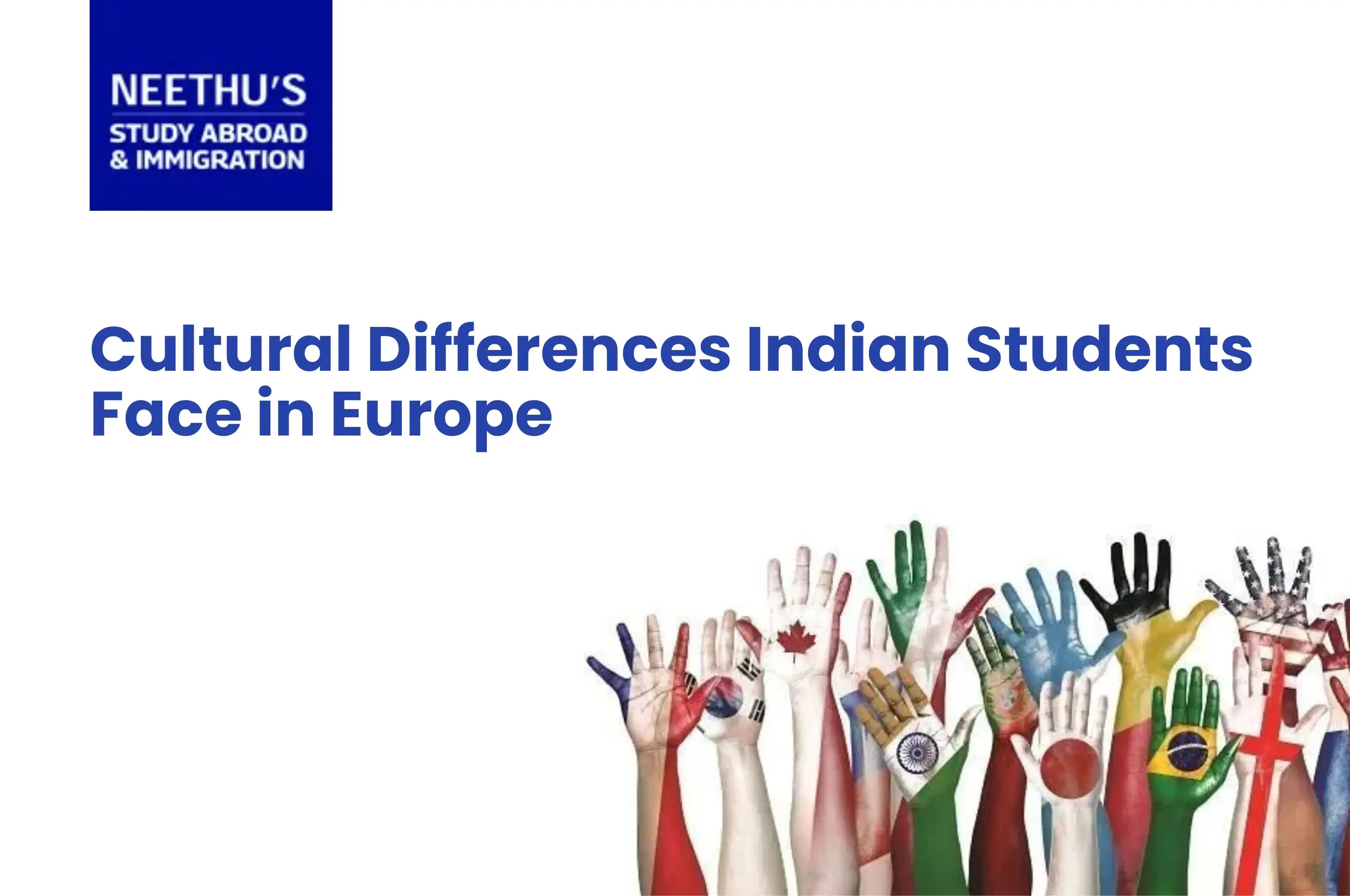





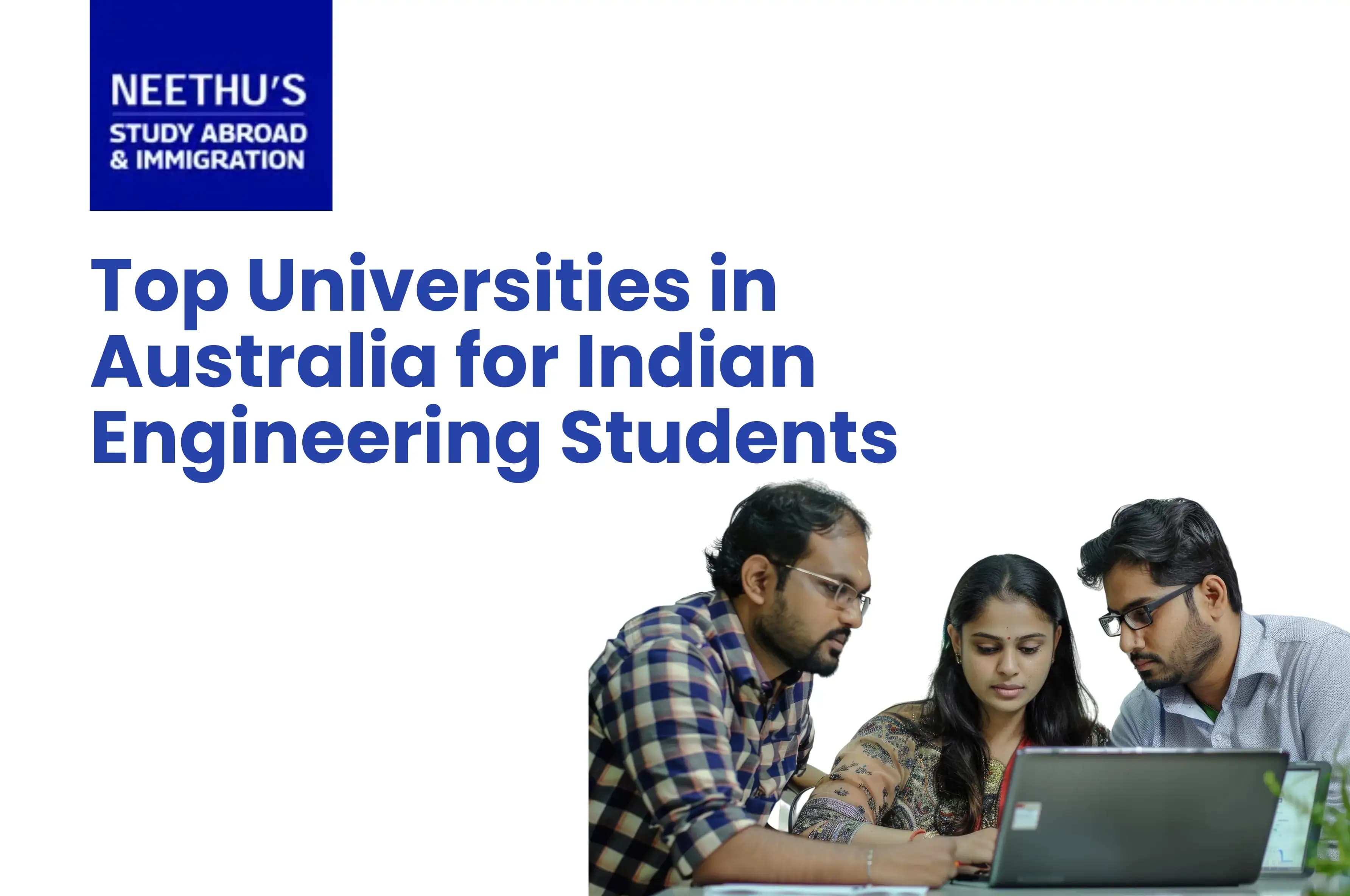













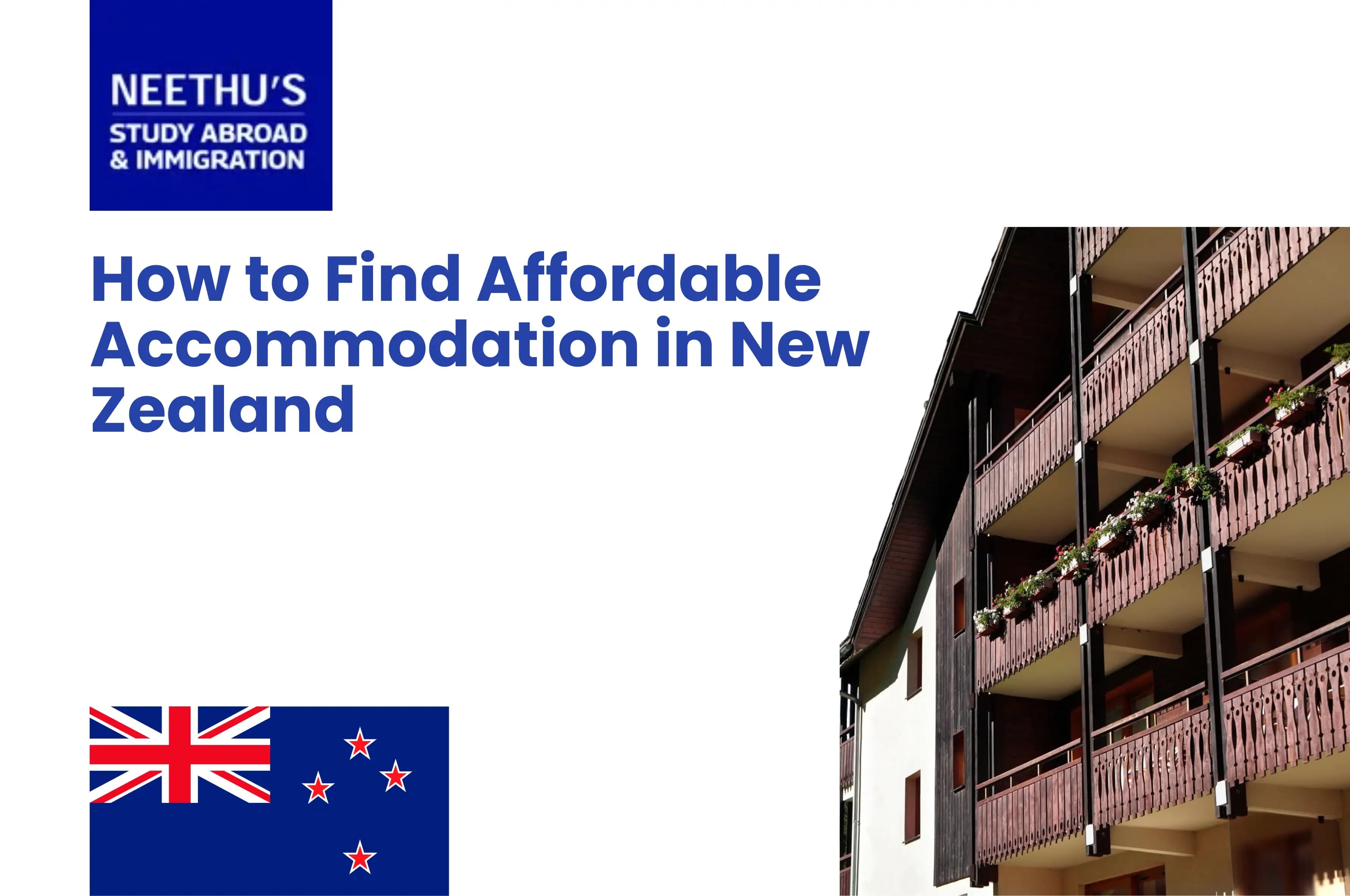
















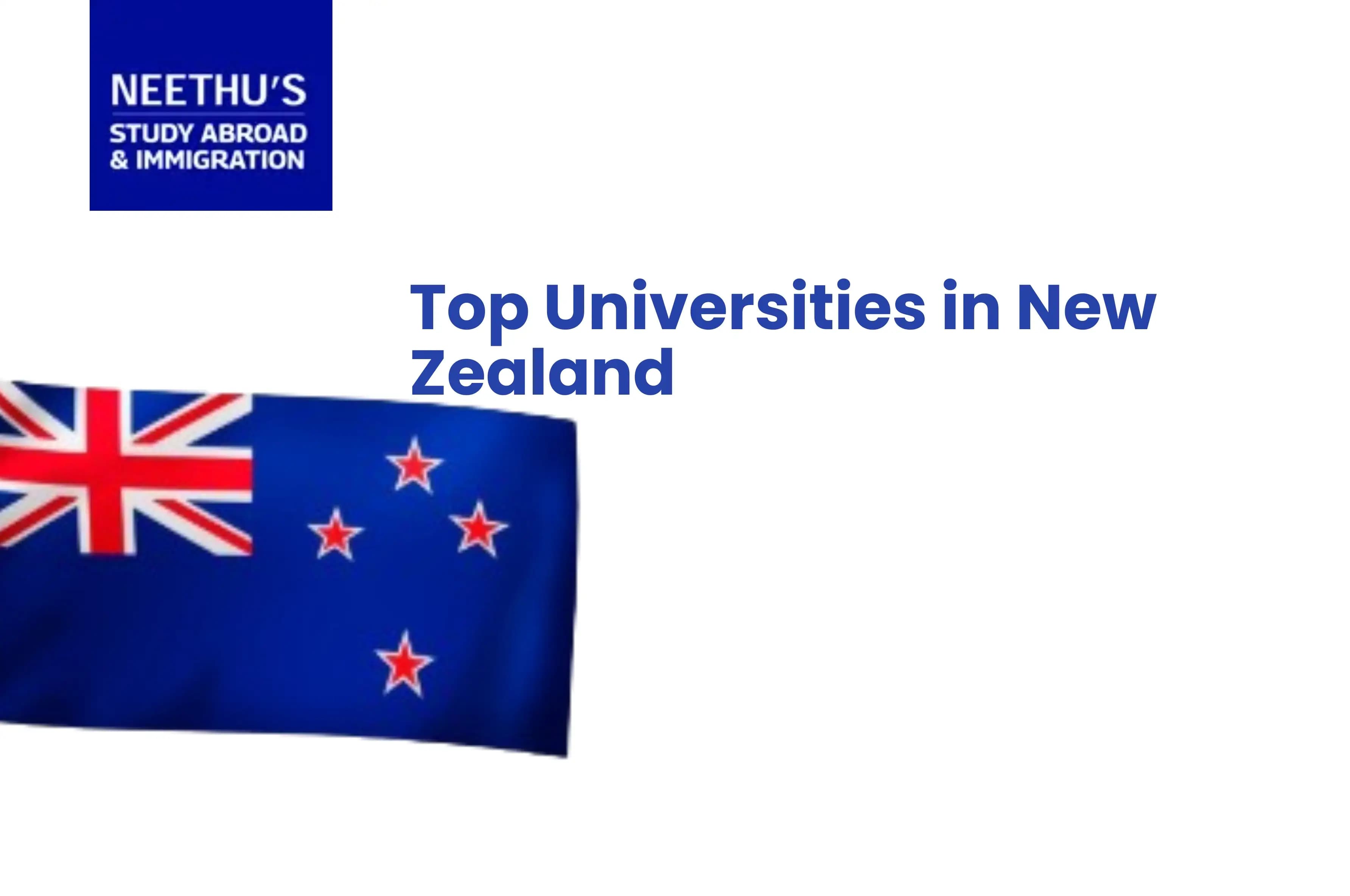
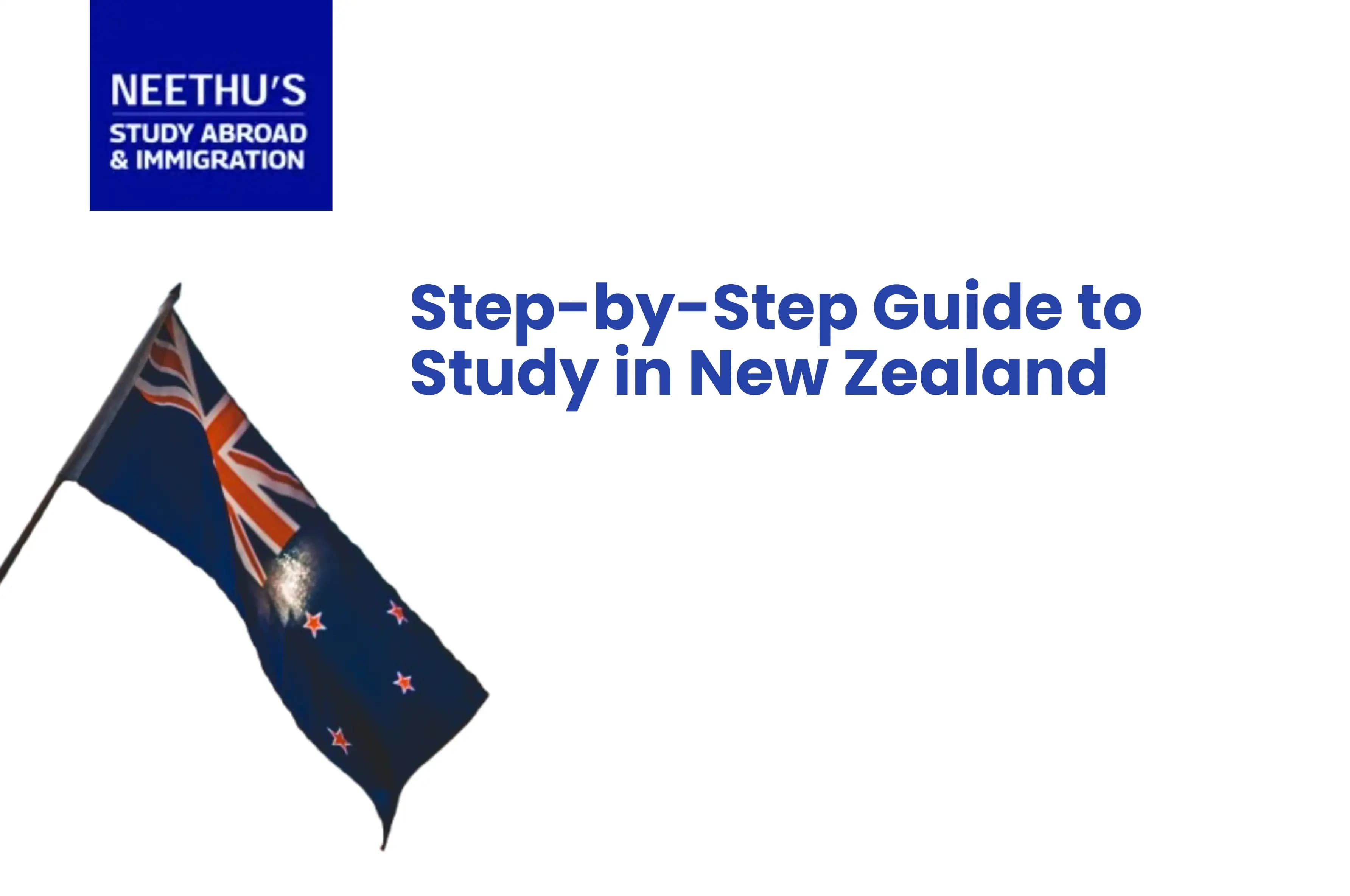

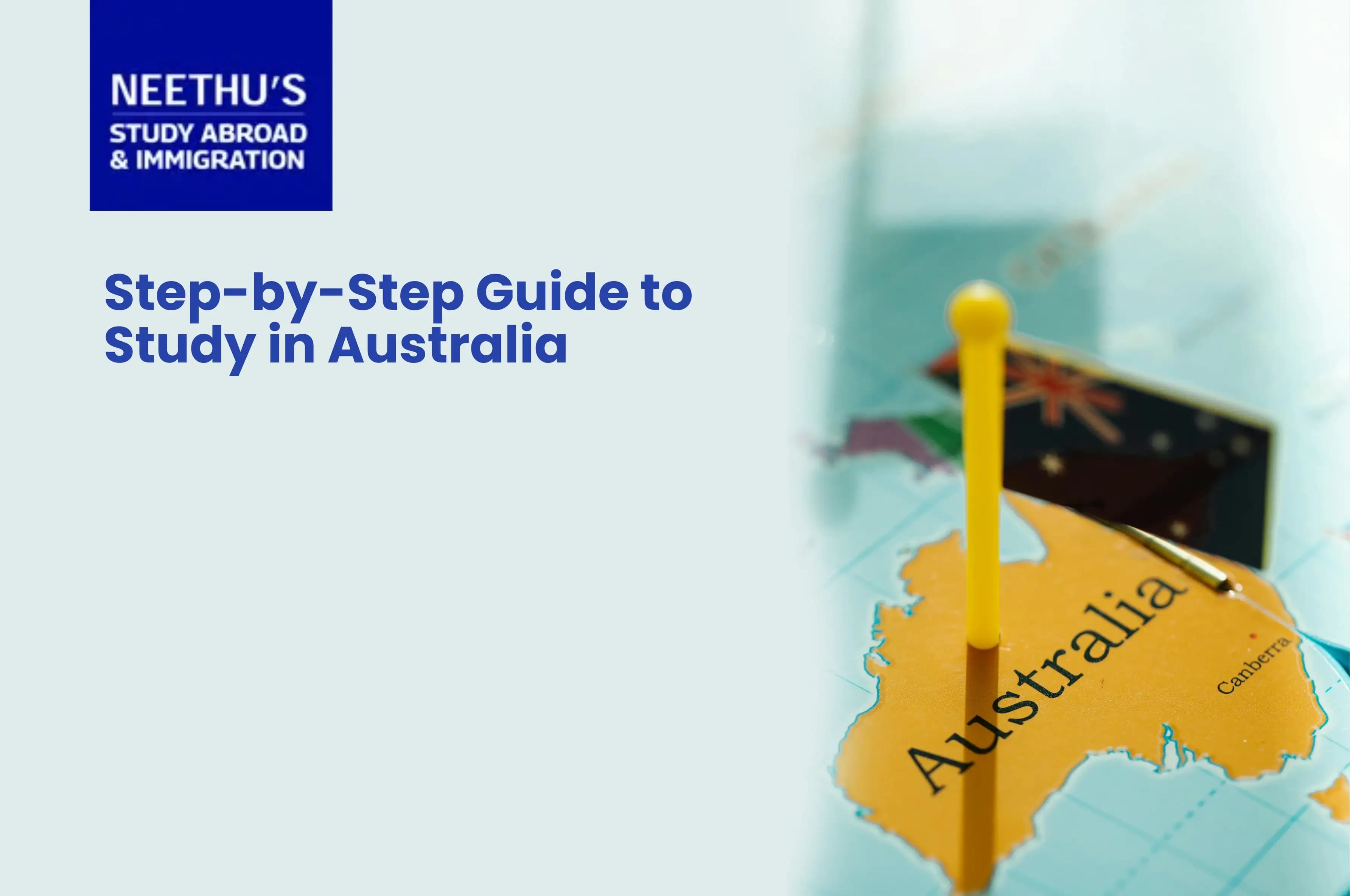

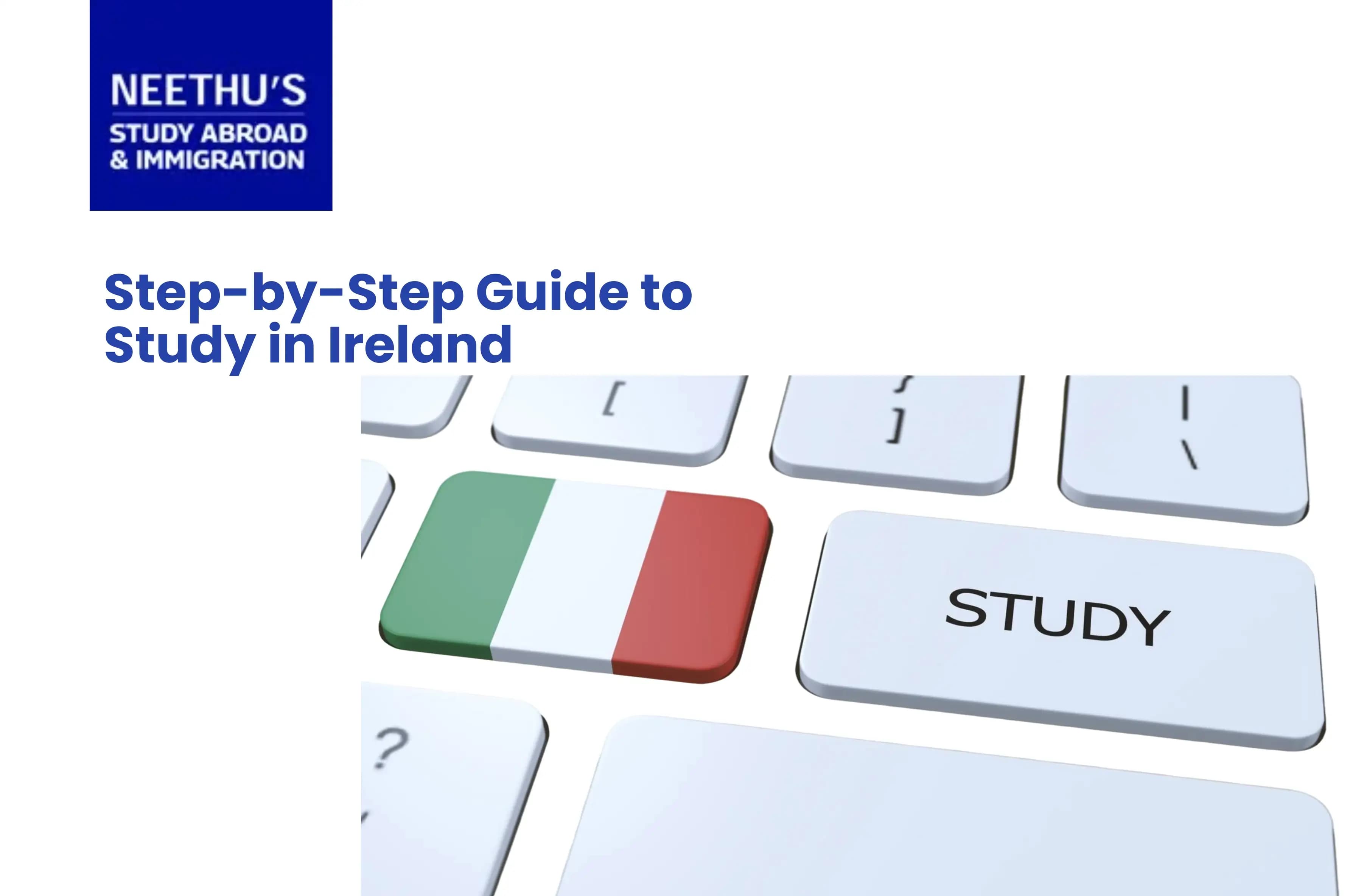



_12-06-2025_03-40-35%20PM.webp&w=3840&q=75)

